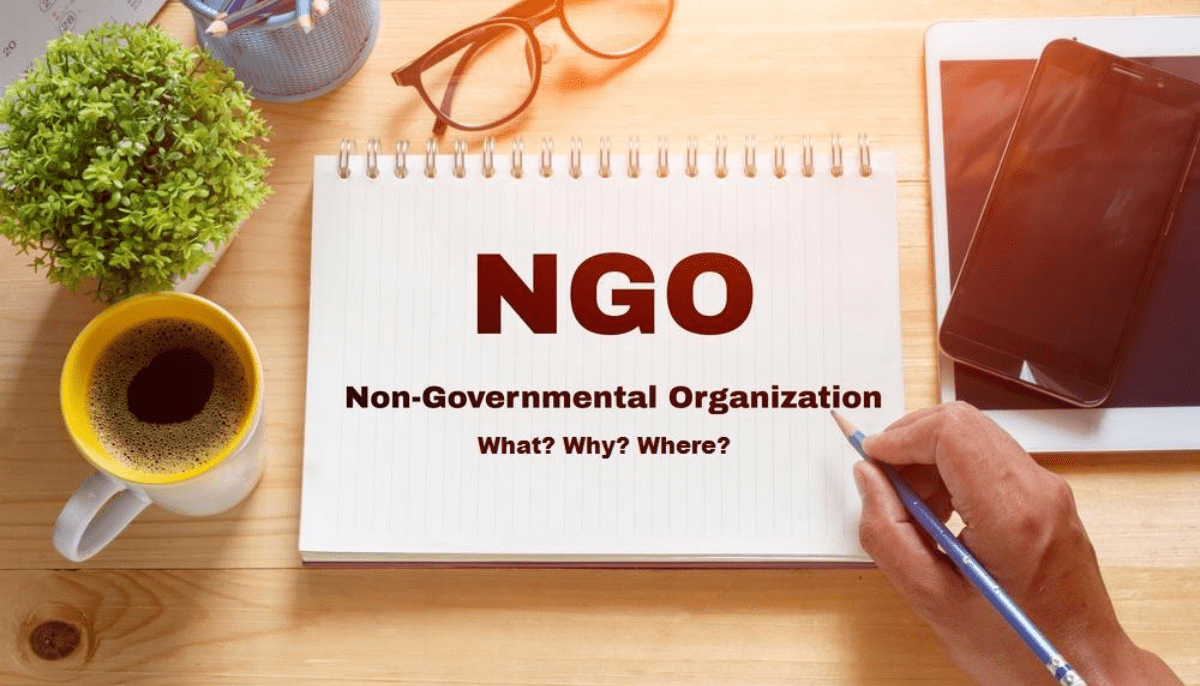LEGALALERT:Operationalization of the Kenya Public Benefit Organizations (PBO) Act, 2013
a) Unified Framework for PBOs The Act creates a single, cohesive identity for various civic organizations, including NGOs, foundations, trusts, and occupation-based associations. This consolidation aims to organize and streamline the civil society sector, making it more efficient.
b) Enhanced Accountability and Transparency Aligned with Chapter 6 of the Kenyan Constitution, the Act emphasizes public disclosure and higher accountability standards for PBOs. This is expected to increase public trust and legitimacy of these organizations by making their operations more transparent and accountable.
c) Improved Regulatory Environment Replacing the outdated NGO Coordination Act of 1990, the PBO Act introduces a more supportive regulatory environment. It establishes the Public Benefit Organizations Regulatory Authority (the Authority) to oversee PBO registration and regulation, streamlining processes and reducing bureaucratic obstacles.
d) Inclusive Policy and Consultative Processes Developed through four years of consultation between the state and NGOs, the Act reflects a balanced and supportive regulatory framework. The 2022 electoral campaigns and the 2024 CSO UN Summit for the Future highlighted the political will to operationalize the Act.
Kenya's civil society, one of the most vibrant in Eastern Africa with over 50,000 organizations, will benefit significantly. The Act provides a clear regulatory framework, enhancing the capacity and sustainability of PBOs to contribute to national development.
a) Promoting Development and Advocacy The Act supports PBOs in delivering development, capacity building, and advocacy services, fostering cooperation between national and county governments, development partners, and the public. This collaborative environment is crucial for addressing social issues and promoting inclusive development.
b) Addressing Public Complaints The Act establishes mechanisms for addressing public complaints against PBOs through independent regulation and membership agencies. This provision maintains public confidence by ensuring PBOs adhere to ethical standards and best practices.
c) Legal Certainty and Operational Clarity The Act repeals the NGO Coordination Act and provides a clear transition process for NGOs. Organizations registered under the old Act are now considered PBOs and have up to one year to re-register, while previously exempt entities have three months. This transition ensures continuity and legal certainty for existing organizations.
d) International Participation Specific provisions for international organizations include requiring at least one-third of directors to be Kenyan residents and maintaining an office in Kenya. This ensures international PBOs are integrated into the local context, promoting greater accountability and local involvement.
Despite the delayed operationalization, the PBO Act's implementation is a landmark achievement for Kenya's civil society. It provides a modern, supportive, and transparent framework that enhances PBOs' capacity to contribute to social, economic, and cultural development. The Act’s successful implementation depends on forthcoming regulations and the continued commitment of all stakeholders to uphold its principles and objectives, marking a significant step towards a more robust and effective civil society sector in Kenya.
For more information on the Public Benefit Organizations (PBO) Act, please contact Jackson Gichunge at info@gwrifa.com or gichunge@gwrifa.com.




